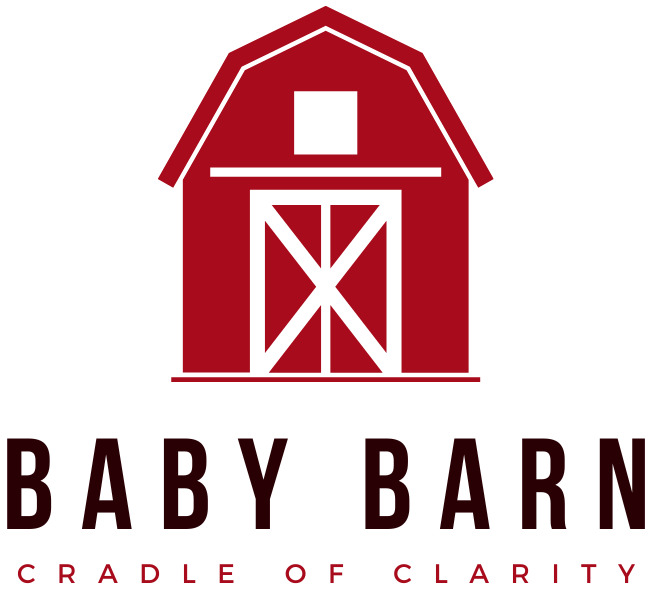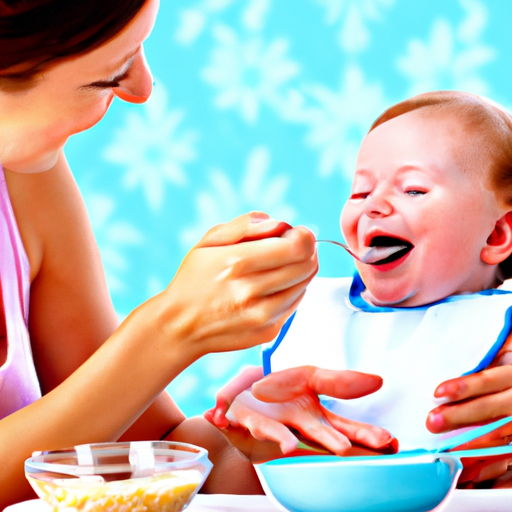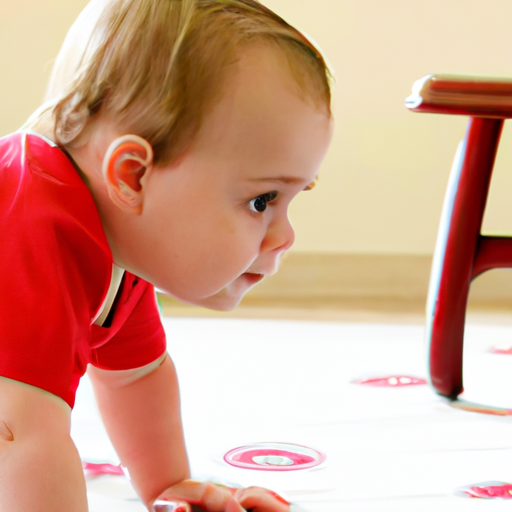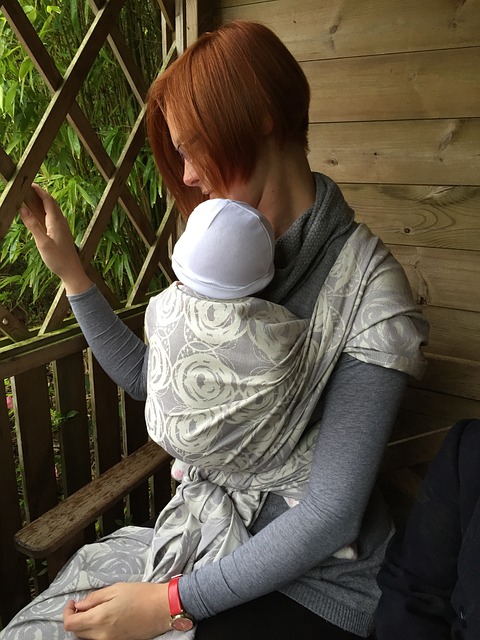Introduction
Introducing solid foods to your baby is an exciting milestone in their development. However, it’s important to wait until your baby is ready to start this new adventure. But how do you know when the time is right? In this article, we will explore the physical signs, growth and development indicators, dental health cues, gastrointestinal readiness, fine motor skills, feeding cues, breastfeeding or formula feeding readiness, as well as allergy and sensitivity awareness signs that will let you know if your baby is ready to transition to solid foods.
Physical Signs
Head control
The first physical sign that your baby might be ready for solid foods is their ability to hold their head up independently. This is a crucial milestone that indicates their neck muscles are strong enough to support the increased head movements during feeding.
Ability to sit with support
Another important physical sign to look out for is your baby’s ability to sit up with support. Sitting with minimal assistance shows that they have developed sufficient core strength and control to handle the changes in posture that come with eating solid foods.
Loss of tongue-thrust reflex
The tongue-thrust reflex is a natural reflex in newborns that causes them to push food out of their mouth with their tongue. As your baby grows, this reflex begins to diminish, and they gain more control over their tongue movements. If you notice that your baby is no longer pushing food out of their mouth instinctively, it may be a sign that they are ready for solid foods.
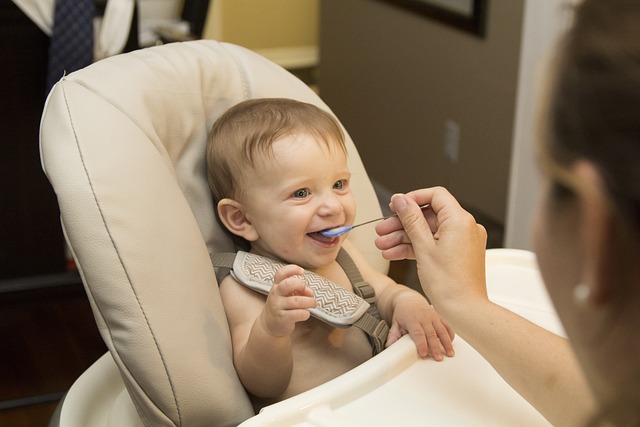
Growth and Development
Double birth weight
One of the growth milestones to consider before introducing solid foods is when your baby has doubled their birthweight. Typically, this occurs around 4 to 6 months of age. Doubling their birth weight shows that their body is growing and maturing, indicating that their digestive system is becoming better equipped to handle solid foods.
Showing interest in food
Another key indicator that your baby may be ready for solid foods is their interest in what you’re eating. If they start reaching for your food or showing curiosity when you eat, it could be a sign that they are ready to explore new tastes and textures.
Increased appetite
As your baby grows, their nutritional needs increase. If you find that they are frequently hungry and their breast milk or formula intake doesn’t seem to satisfy them, it may be a sign that they are ready for additional nourishment from solid foods.
Dental Health
Emergence of teeth
The emergence of teeth is an exciting milestone in your baby’s development. However, it’s important to note that they don’t need teeth to start exploring solids. When your baby starts teething and their first teeth begin to emerge, it can make chewing solid foods easier. Keep in mind that babies can safely chew with their gums until more teeth come in.
Chewing motions
Another dental health cue to look for is your baby’s ability to mimic chewing motions. If you notice them moving their jaw up and down in a chewing-like motion, it could be an indication that their mouth muscles are getting stronger and preparing for solid foods.
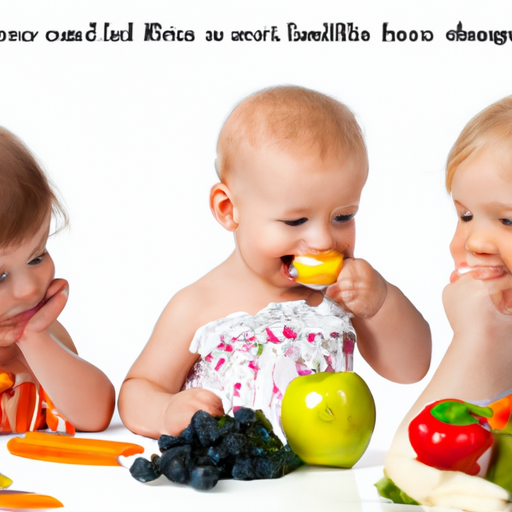
Gastrointestinal Readiness
Ability to swallow
Before introducing solid foods, it’s crucial to ensure that your baby has developed the ability to swallow. If they frequently spit up or show signs of choking when consuming liquids, it may be an indication that they are not yet ready for solid foods. It’s important to consult with your pediatrician if you have concerns about your baby’s swallowing ability.
Stable digestion
Another important factor to consider is your baby’s digestive system. If they have a stable digestion pattern with regular bowel movements and minimal tummy issues, it suggests that their digestive system is maturing and becoming more ready to handle solid foods.
Reduced tongue thrust
Similar to the loss of tongue-thrust reflex, the reduction of a constant tongue thrusting motion is another gastrointestinal readiness sign. If you notice that your baby does not automatically push food out of their mouth with their tongue, it could indicate that they are ready for solid foods.
Fine Motor Skills
Pincer grip
Fine motor skills play a crucial role in eating solid foods. The pincer grip, where your baby uses their thumb and index finger to pick up small objects, is an important milestone to watch for. If your baby can grasp small items and transfer them from one hand to the other, it suggests that their fine motor skills are developing, making it easier for them to self-feed.
Ability to pick up food
In addition to the pincer grip, observe if your baby starts showing interest in picking up food with their hands. If they are able to grab and hold onto the food, bringing it towards their mouth, it indicates that their hand-eye coordination is improving, and they may be ready for solid foods.
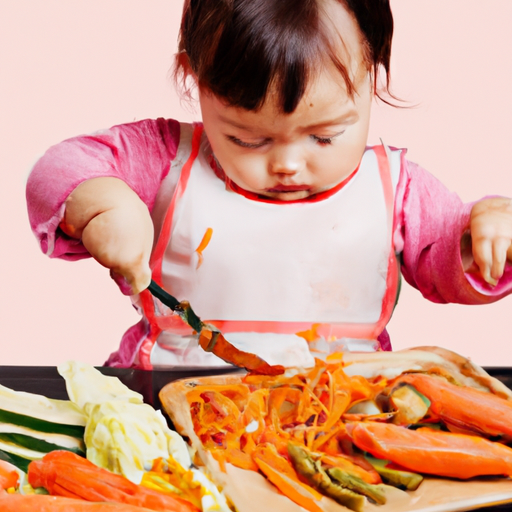
Feeding Cues
Opening mouth when food is presented
One of the most obvious cues that your baby is ready for solid foods is when they start opening their mouth in anticipation when food is presented to them. This behavior shows that they are beginning to understand the concept of eating and are eager to explore new tastes and textures.
Reaching for food or spoon
Another feeding cue to look out for is your baby’s attempt to reach for food or the spoon. If they start reaching out and showing an active interest in participating in the feeding process, it may be a sign that they are ready to transition to solid foods.
Breastfeeding or Formula Feeding
Satisfied after feedings
If your baby is consistently satisfied after breastfeeding or formula feeding, it suggests that they are getting enough nutrition from milk alone. However, if you find that they are still hungry after feedings and are showing interest in additional foods, it may be an indication that they are ready for solid foods.
Consistent weight gain
Another factor to consider is your baby’s weight gain. If they are consistently gaining weight and following their growth curve, it serves as an indicator that their nutritional needs are being met. However, it’s essential to consult with your pediatrician for guidance on when to start solid foods, especially if your baby is not gaining weight as expected.
Allergy and Sensitivity Awareness
No signs of allergies
Before introducing a wide range of solid foods, it’s crucial to ensure that your baby does not have any signs of allergies. If they have developed rashes, hives, or other allergic reactions when exposed to new foods, it may be an indication that their immune system is not yet fully prepared to handle solid foods. Always introduce new foods one at a time to monitor for any potential allergic reactions.
Ability to handle different textures
When your baby is ready for solid foods, their ability to handle different textures becomes evident. If they are able to swallow and tolerate smooth purees without gagging or excessive spitting, it indicates that they are better prepared to handle different textures and more advanced solid foods.
Conclusion
Introducing solid foods to your baby is an exciting and important milestone. By observing the physical signs, growth and development indicators, dental health cues, gastrointestinal readiness, fine motor skills, feeding cues, breastfeeding or formula feeding readiness, as well as allergy and sensitivity awareness signs listed above, you can gain valuable insights into whether your baby is ready for solid foods. Remember to consult with your pediatrician for personalized guidance and recommendations tailored to your baby’s specific needs. Enjoy this new journey of exploring and experiencing different flavors and textures together with your little one!
